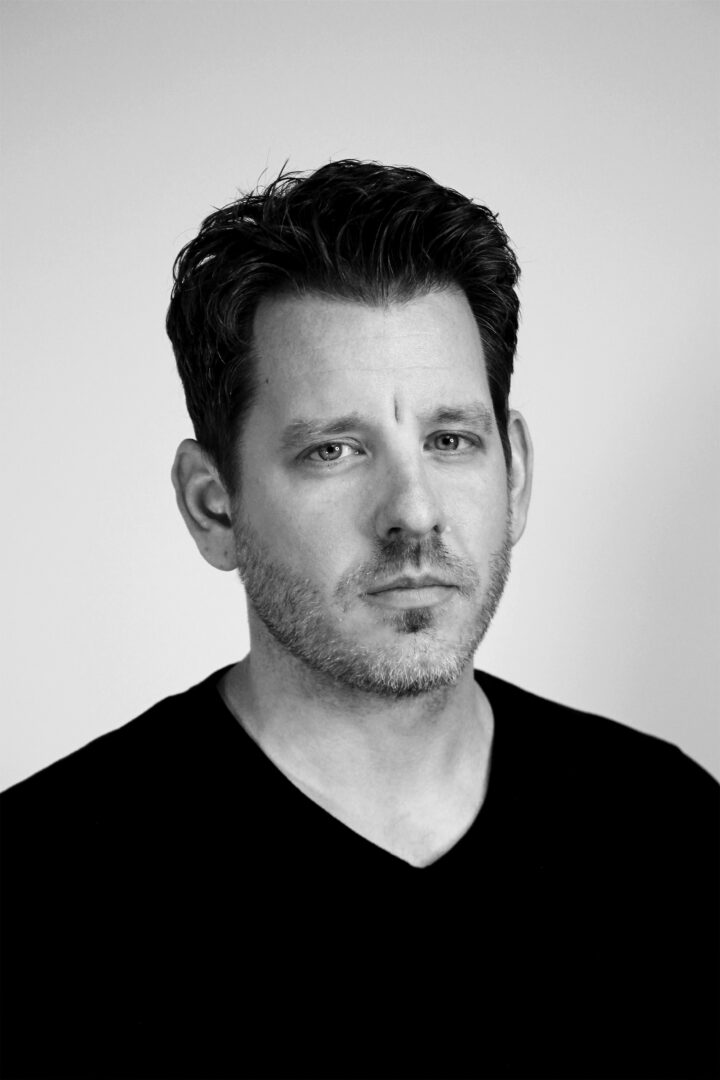We recently connected with Chris Fuhrer and have shared our conversation below.
Chris, so great to have you on the platform and excited to have you share your wisdom with our community today. Communication skills often play a powerful role in our ability to be effective and so we’d love to hear about how you developed your communication skills.
At the age of 17, the start of my junior year in high school, I was permanently and unceremoniously “dismissed” from my school. For the past year I had been working an after school job as an entry level auto mechanic; oil changes, tire rotations, light repair and routine maintenance. When I abruptly found myself with significantly more time during weekdays, I decided to approach management about full time employment. Of course they agreed, I was a hard worker, was genuinely interested in a career in auto mechanics and my paltry wage was hardly noticeable on the company payroll, even with more hours.
I struggled in school, not academically, but as a student. The traditional school environment did not coalesce with my brand of woefully short attention-spanned, rebelliously bad-attituded, hyper active ADD. In short, I was a horrible student because I couldn’t be any less interested in sitting in a classroom all day. To this day, at 45, I still struggle in that type of environment. Back in 1997, my school faculty agreed entirely. Decades ago my grandfather owned a small 2 bedroom house on Long Island, New York. He had a growing family and was desperately in need of more room. Unable to afford a move into a bigger house he read books on framing and architecture, essentially teaching himself how to build a second story onto his house – and he did exactly that. I always admired him for that. I didn’t inherit his reading comprehension ability but I did inherit his self reliance.
My parents didn’t know what to do with me. At the age of 10 they had me undergo a series of tests at the behest of my psychologist who suspected I was intellectually gifted. His hypothesis was that I was smarter than most of my teachers which explained my boredom (and acting out) in the classroom. I was probably just a jerk kid.
A few skills I developed rather early on include the art of persuasion, charm, and a tinge of manipulation (or more accurately, misdirection). These assets were a necessity for someone in trouble as much as I was. And I would have been in far more trouble had I not learned to employ these methods effectively.
Many have viewed me as ambitious but there’s nuance to my particular variety of ambition. It is more a biproduct of my obsessive tendencies than an everlasting determination. When I find an interest in something or I decide I want to do something, virtually everything I do is tirelessly in pursuit of that initiative. It creates a drive in me that burns hot but can flame out quickly. I’ve found when I achieve some level of proficiency, often times I get bored and lose interest. Then it’s on to the next thing – balls to the wall, of course. Ambition is the yin to my ADD yang. There are, however, hobbies, interests and activities from which I have remained fully vested long term. These are the things one cannot master, as absolute mastery is subjective or unattainable altogether. I’ve been lucky enough to find elements of this phenomenon in my profession. My career has benefitted greatly from it.
I’ve always been social. I remember at the age of 24, finally starting to learn how to be ok with being alone. My worst fear was spending a Saturday night home alone because I didn’t have a party or social engagement on my calendar. I liked being around people, I still do. It may sound weird, but this was a hard lesson for me to learn. It came with discomfort. It came with a withdrawal period, like the uneasy days after giving up caffeine or sugar. But it got easier and after a while I found incredible value in periods of solitude. After 20 years, I’ve come to appreciate the good it does for mental health. Being ok with yourself, the acuity in your solace, the uninterrupted inner reflection – it cultivates confidence within oneself. Confidence, I believe, that can manifest in an image of a well rounded, thoughtful and articulate individual.
It took precisely one (1) North Carolina summer laboring under hoods of hot automobiles in an open air, non-air conditioned shop. July in North Carolina; high 90’s with upwards of 65% humidity. It’s exhausting work, on your feet all day in heavy shop clothing, covered in dirty grease, but the misery is decidedly intensified in such a hostile climate. It was rather easy to reconsider my future.
It should come as no surprise that all these years later I found myself with a longstanding career in sales. It came naturally to me even though it wasn’t always pretty. I’ve sold insurance, lawncare maintenance, apartments, and corporate IT services. As I gained more experience (especially in the B2B realm), I started to view sales as a partnership. Some transactions produce a long term partnership and some short, but there is always an aspect of agreement and cooperation associated with supplying a demand. So now I sell partnerships, partnerships that manifest into tangible business commerce. The culmination of my ever-present self reliance, my propensity to be a social creature, and the people skills I learned as a troublemaker kid laid the foundation upon which I could convince people to do things. While those elements combine to produce my version of proficiency in sales, the cornerstone with which success in sales can be achieved, without doubt, is effective communication. I should mention that the art of selling is far more nuanced than effective communication alone, but that’s a topic for another day.
Here is the secret to my success. When I began to encompass true, effective communication is when I decided to be genuine. I don’t mean genuine in the sense that I stopped making baseless claims and hollow promises. I mean genuine in the sense that I decided to take an authentic interest in my clients, prospects, and partners as people. The tipping point was the day when, after weeks of contemplation, I chose to give out my personal cell phone number knowing full well that toothpaste could never be put back in the tube. Ultimately, I made the decision to blur the lines between my personal circle and my professional relationships – my colleagues are to be my friends too. However, it came with a caveat. In order for this approach to work, I had to be prepared to eliminate those who are not a good fit for me (i.e. fire bad clients). I can always find common ground but I can’t expect to be genuine with someone who doesn’t appreciate the equitable nature required in a successful partnership. I’ve also been lucky enough to achieve a point in my career where I can be choosy about who I do and do not do business with. But for those that I do engage into a business relationship, they will get to know the real me and I will make a genuine effort to get to know them. We’ve all heard the term relationship selling. Relationship selling makes sense, it’s simple, it’s effective. And you may even be able to exhibit elements of this skill without going “all in” as I have. I did for a long time and still had success. However, this change of mindset set my career on an unprecedented and entirely dramatic upward trajectory. There is a degree of satisfaction I’ve never known as a sales professional. It creates stability – something sales guys are always searching for. With stability came greater accomplishment, and greater accomplishment opened up new doors and new opportunities both professionally and personally.
More recently, I’ve found a new challenge in teaching others what I have learned. My objective (my reward) is to be an effective teacher and an inspiring leader. The good news is neither of these things, in my opinion, are mastered in any sense of finality. There’s always new lessons to learn. I will take full advantage, enjoying every step of the journey in pursuit of another unobtainable objective.
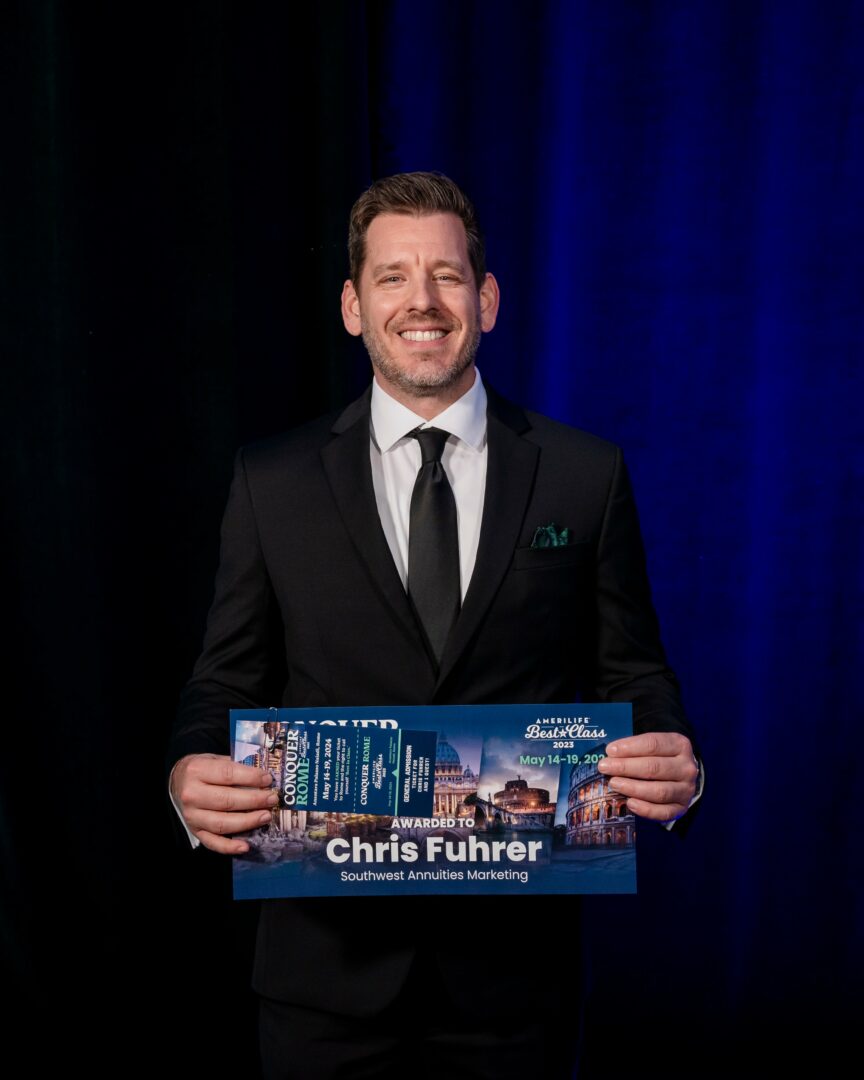

Appreciate the insights and wisdom. Before we dig deeper and ask you about the skills that matter and more, maybe you can tell our readers about yourself?
After my divorce, I found myself serial dating in my mid 30’s. I used to joke with my friends about how every first date conversation went the same way. I’d always dread getting to the “what do you do for work” segment of the interview.
My work is very convoluted and very niche. I work in the financial services industry, specializing in the distribution of financial insurance products in an independent, or brokerage, environment. I’m the middleman, wholesaling insurance products for 60 different carriers to thousands of financial professionals who serve their clients all over the country. More precise, I focus on brokering business to business arrangements with other wholesale and retail operations. I also manage a sales team who’s focus is on recruiting independent financial professionals to work with us, one at a time.
It was tempting to simply tell my dates I was a plumber.
In 2024, this industry saw sales upwards of $420 billion in the US alone. The competition is brutal. Those who I compete with find themselves not only being insurance product experts, but resources for marketing, business development, operations and administrative functions among other things. Think of these additional competencies as the value ad.
We believe our work to be noble. We offer safe alternatives to retiree’s and pre-retiree’s in search of guarantees and safety – risk mitigation as they enter into the golden years of retirement.
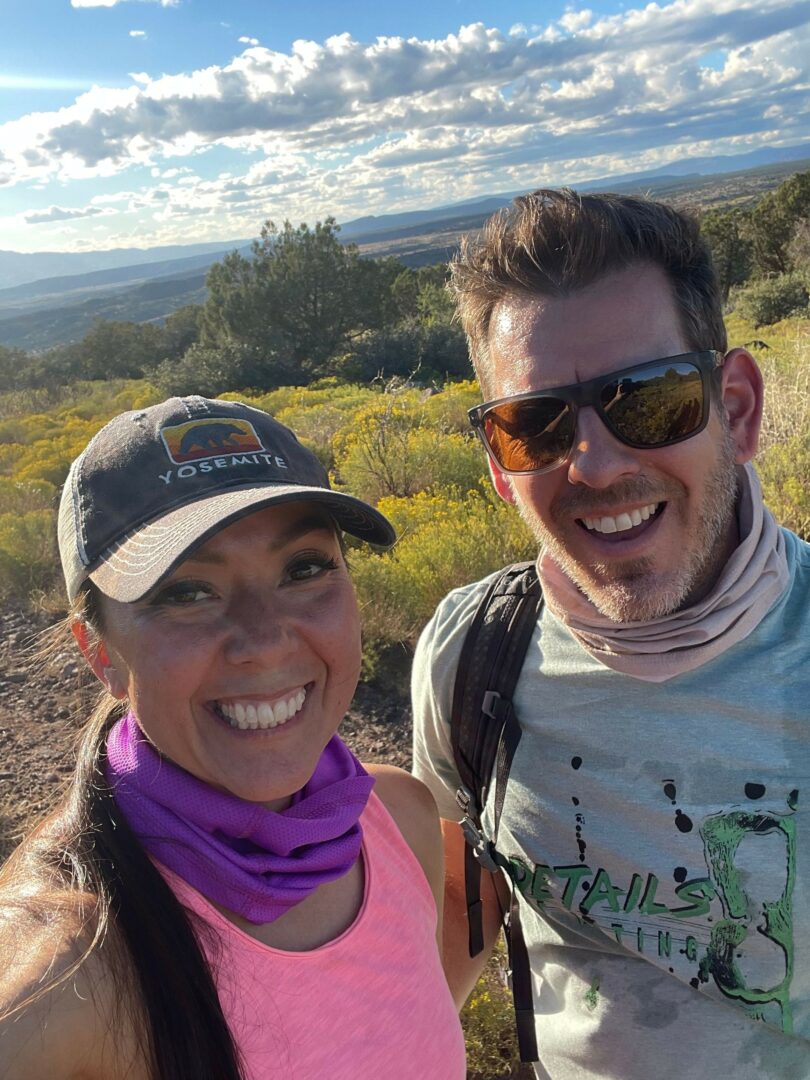
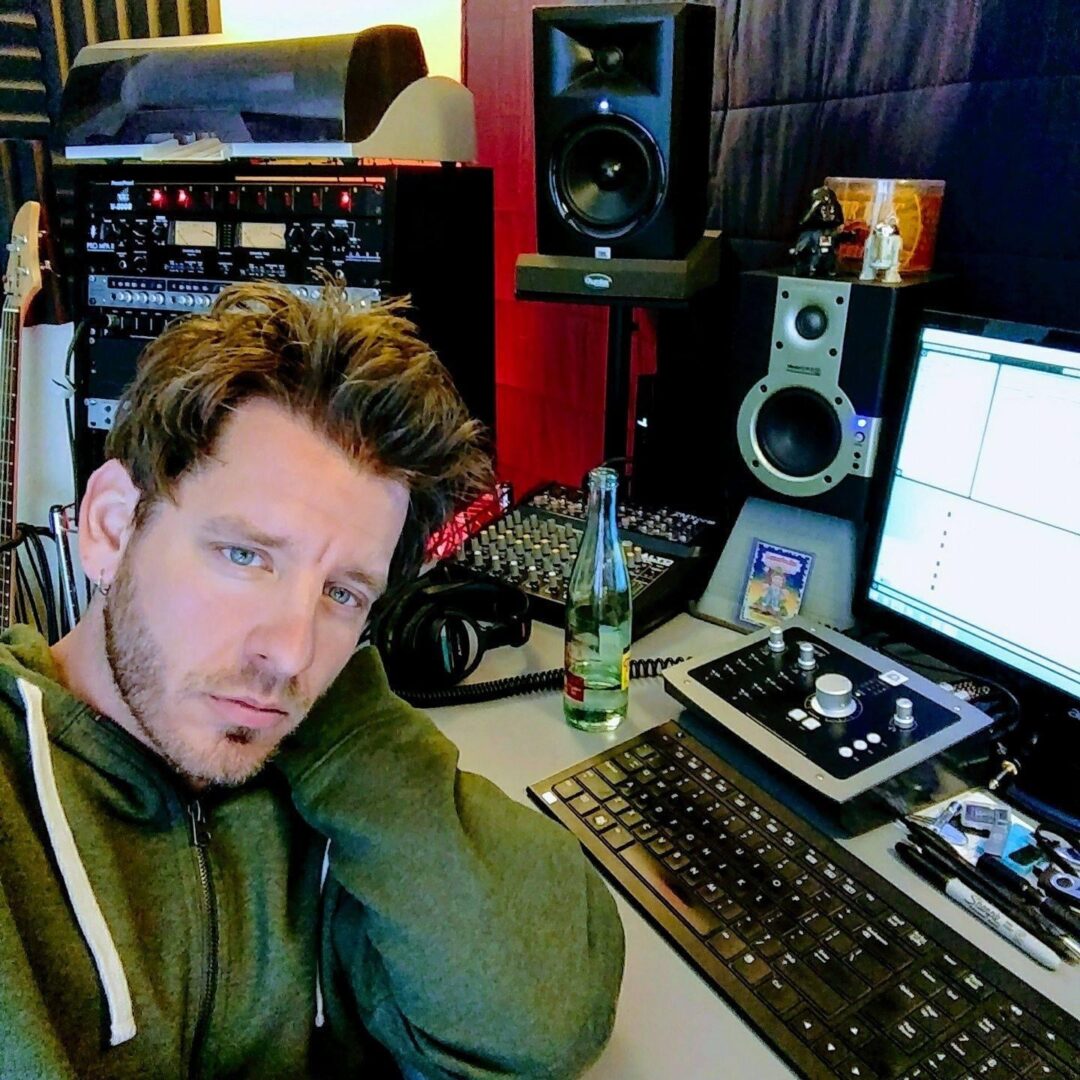
Looking back, what do you think were the three qualities, skills, or areas of knowledge that were most impactful in your journey? What advice do you have for folks who are early in their journey in terms of how they can best develop or improve on these?
Without a doubt, my biggest advantage is that I truly enjoy my work. I realize how blessed I am to be able to say that. I do think it is accurate to attribute this to the mindset I employ as a sales professional. Who wouldn’t like to go to work with friends every day?! That being said, are their bad days? Of course. I recommend you focus on whatever aspect of your day to day work with which you find enjoyable or fulfilling. Take pride in your work. If you leave work at the end of the day knowing you’ve earned your paycheck, you’ll not only be more eager to come back tomorrow, but you’ll do so with a better attitude. I believe these things snowball.
Embrace the suck. All work introduces elements of discomfort, annoyance, and inconvenience – that’s why they pay us. I like to think about how much I would appreciate someone mitigating those undesirable things for me. Wouldn’t that be the kind of person you want to partner with? I focus on my ability to come through for my partners. Sometimes, the outcomes aren’t exactly as they desired, but they know I’ve done everything I can to help.
Become a student of your business. Be a professional. Know more than your competitors. I came to a realization one day that I was actually an expert at something. That inspired me to keep going. Once you move past imposter syndrome into bonefide expert status, you clearly know your stuff – that’s great. Now work on knowing more! Take pride in being an expert.

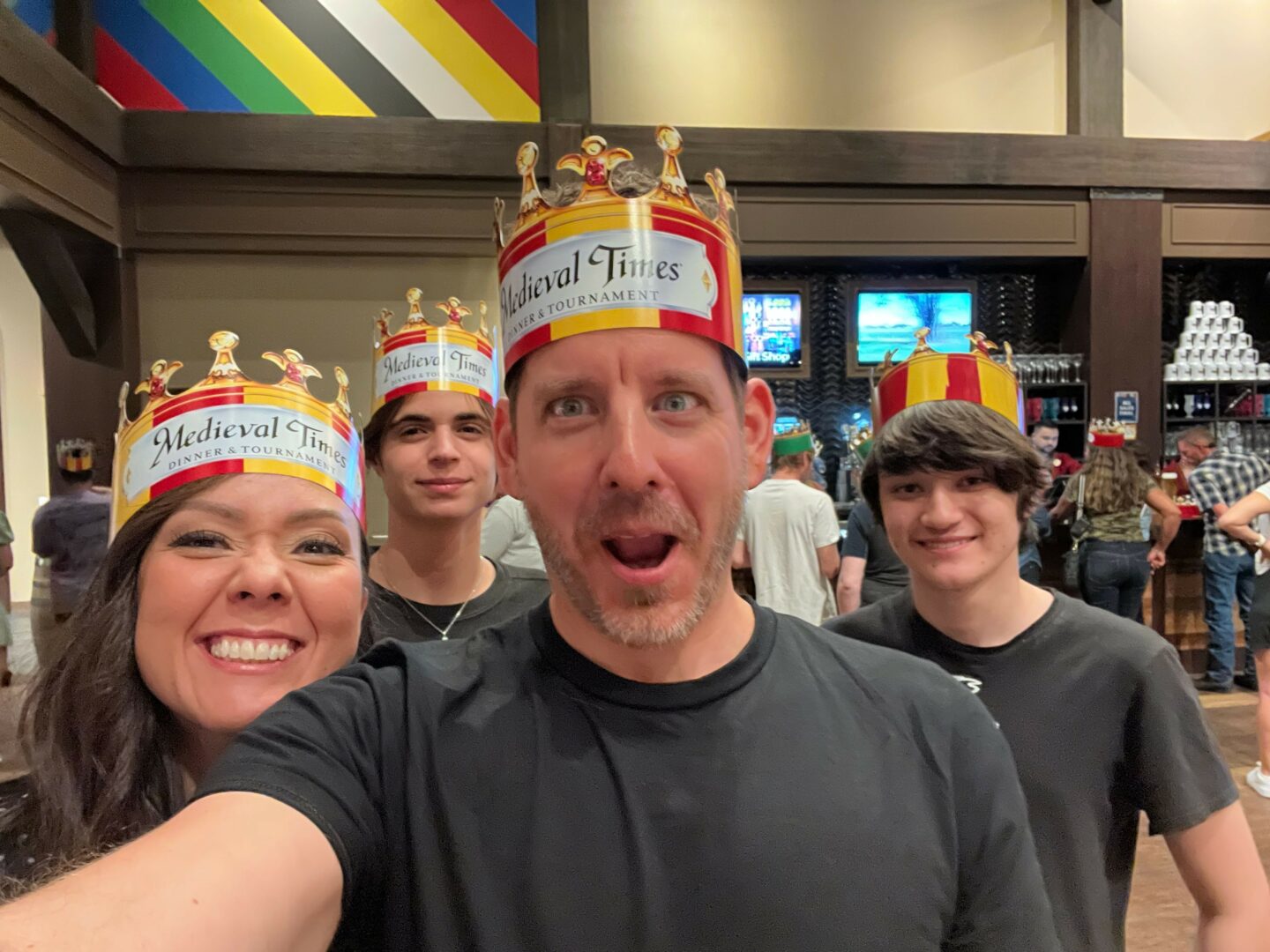
What do you do when you feel overwhelmed? Any advice or strategies?
While I advocate for your life to be your life – as opposed to the militant distinction between one’s personal life and one’s professional life – I do feel strongly about hobbies and interests outside of your job. Without some substance outside of work, I fear that’s when you get into workaholic land. Your work is your identity and when the bell rings at 5:00 PM, you have nothing else. I’ve seen it before.
For me, it’s music.
At one time, music was my profession. That ruined it for me. I still do some professional work, this is more a result of my obsessive journey to (never) master music.
Music as a hobby is so much better. I can spend hours and days bingeing on a substantive and lush creative flow. Something I can capture and always have to revisit. Or I can leave it because I simply don’t feel like it. That’s the beauty of a hobby.
I realize many of the same benefits received from work accomplishments when I’m progressing in my hobby. Except there’s no boss. There’s no time constraint. There’s no pressure. But there’s still the challenge, the pride and the drive.
I engage in my hobbies when I’m overwhelmed. If I break the obsessive cycle of hyper focusing on some issue for some period of time, the answers seem to come more easily.
If you don’t have a fulfilling hobby, find one. Your kids do not count.
Contact Info:
- Website: https://www.brownmuttmusic.com
- Instagram: https://www.instagram.com/drumtwigs/
- Facebook: https://www.facebook.com/christian.derfuhrer/
- Linkedin: https://www.linkedin.com/in/chris-fuhrer-21423a169/
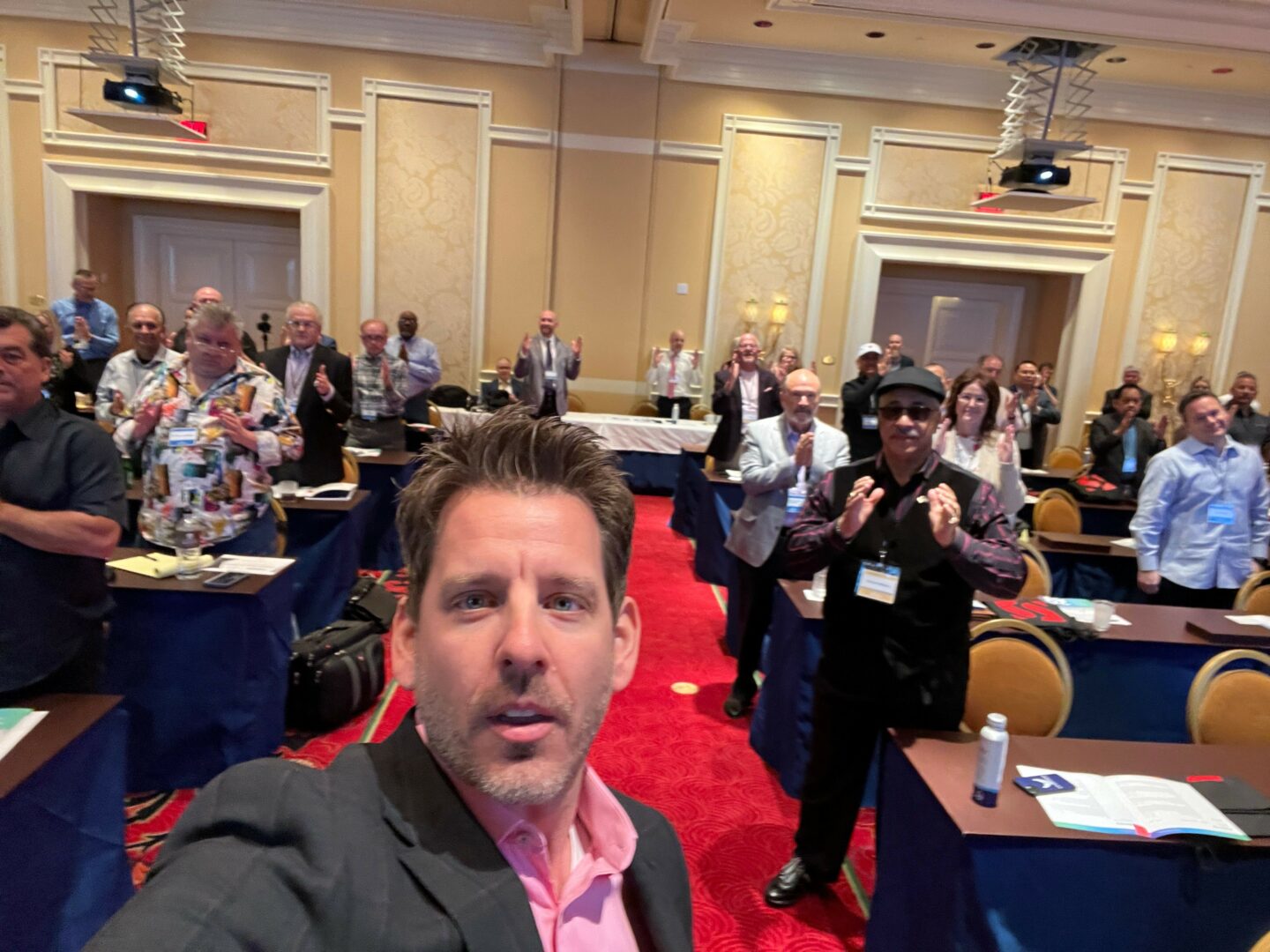
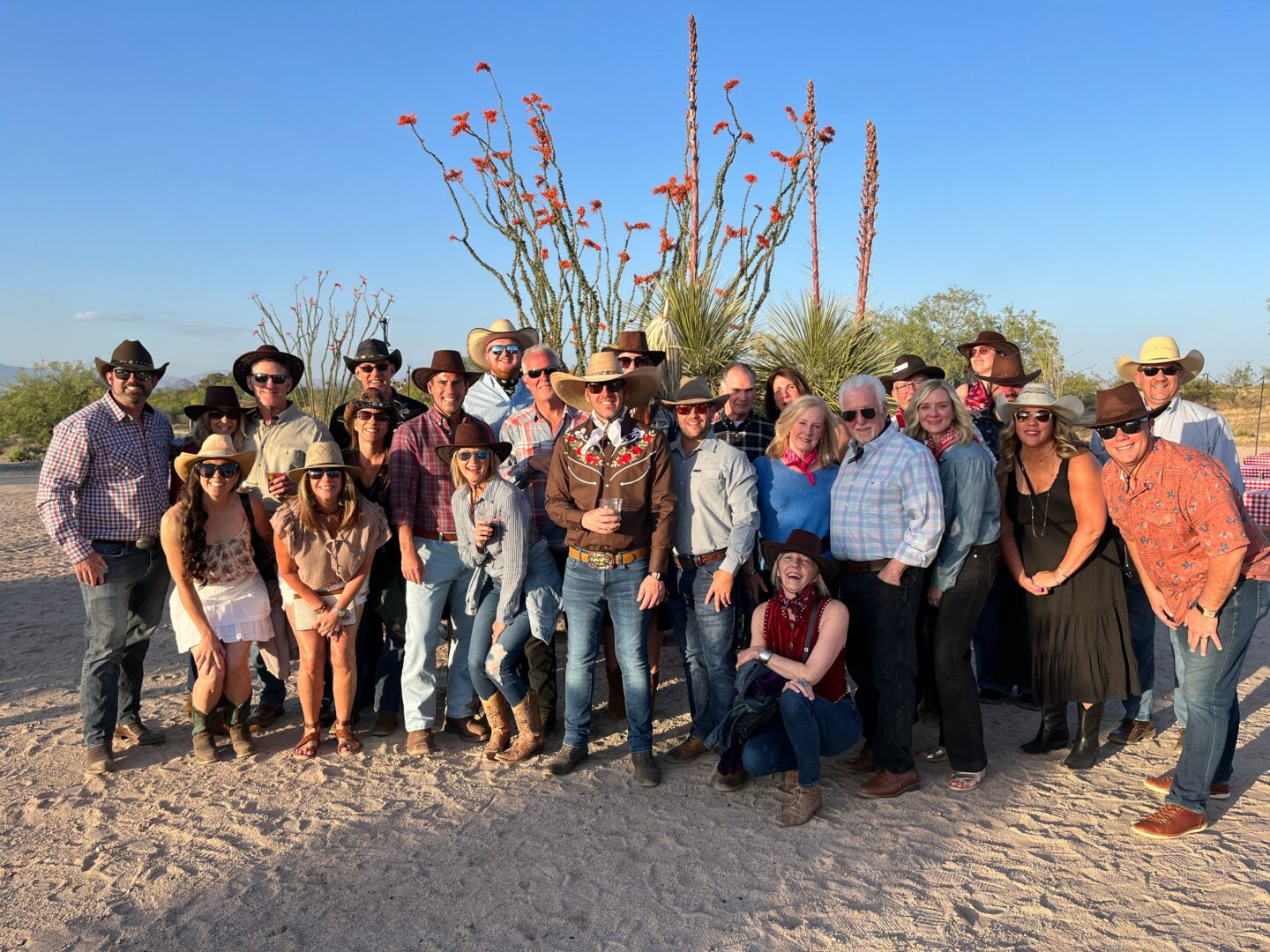
so if you or someone you know deserves recognition please let us know here.

